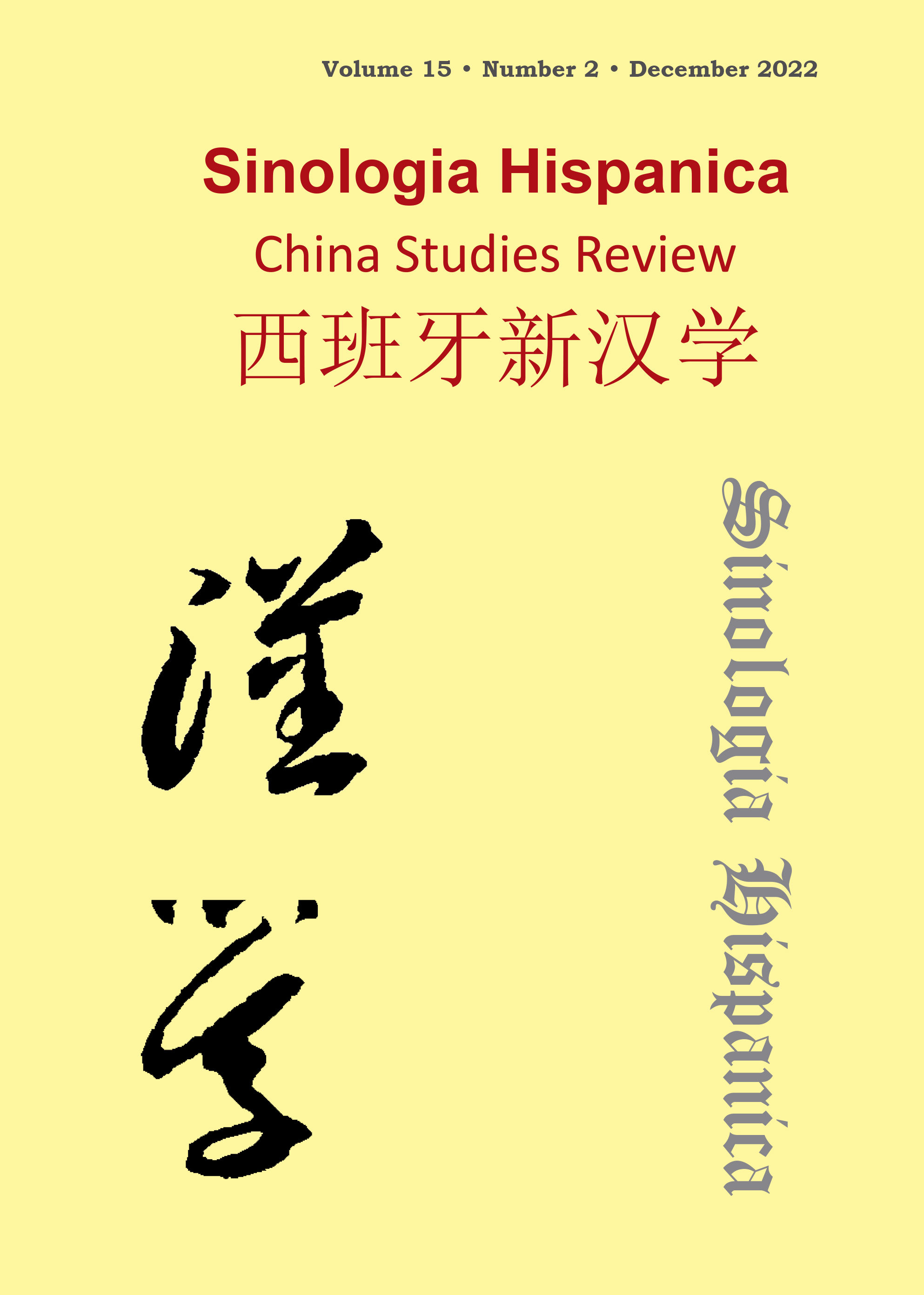Sustainable Development of Language Communication: Localization and Innovation of Confucius Institutes in Spain
DOI:
https://doi.org/10.18002/sin.v15i2.7470Keywords:
Confucius Institute; cross-border education; Spain; development path; localization.Abstract
Confucius Institute has fulfilled its function of spreading of Chinese language around the world since it was founded in 2004. Localization of teaching process towards regional educational and cultural system becomes key important for the sustainability of CI overseas. This paper adopts qualitative methodology of in-depth interviews among 18 participants who are administrative and teaching staff in the CIs of Spain to investigate the characteristic motivation, path, mode and effectiveness of CI in order to seek new ways to solve the problems of regional positioning, integrative strategy and post-pandemic development from the perspective of country-specificity and localization for the cross-border education. The findings of this study show that the CIs in Spain promote cross-fertilization between Chinese and Spanish teachers, share core values tactically via transnational culture and strengthen a positive cognition among local media and learners. In order to achieve the depth and breadth of the localization of Chinese education in Spain, the following strategies should be adopted: Targeting the economic and cultural values of Chinese language, investigating the local language policies in depth, and promoting the full integration of Chinese into the Spanish national education system; formulating the adaptive strategies for the localization of international Chinese level standards to increase the supply of Chinese teaching resources; understanding the current situation of teacher training in Chinese education in Spain and assisting the local teacher training at all levels; improving the ability of international Chinese education precision service.
Downloads
Métricas alternativas
Downloads
Published
Versions
- 2024-03-06 (2)
- 2022-12-22 (1)
How to Cite
Issue
Section
License

This work is licensed under a Creative Commons Attribution-NonCommercial-ShareAlike 4.0 International License.
Sinología Hispánica. China Studies Review considers all manuscripts on the strict condition that:
- The authors assign the exploitation rights (reproduction, distribution, public communication and transformation) of the work accepted for publication to the University of León on a non-exclusive basis. Authors can establish, on their own, additional agreements for the non-exclusive distribution of the version of the work published in the journal (for example, placing it in an institutional repository or publishing it in a book), always acknowledging the initial publication. in this magazine.
- The manuscript is your own original work and does not duplicate any other previously published work, including your own previously published work.
- The manuscript is not currently under consideration or peer review, nor accepted for publication, nor in press, nor published elsewhere.
- The manuscript contains nothing that is abusive, defamatory, libellous, obscene, fraudulent, or illegal.
- Please note that Sinologia Hispanica uses Turnitin software to screen manuscripts for unoriginal material. By submitting your manuscript to Sinologia Hispanica you are agreeing to any necessary originality checks your manuscript may have to undergo during the peer-review and production processes. Any author who fails to adhere to the above conditions will be rejected.
- Authors are allowed and encouraged to electronically disseminate the pre-printed versions (version before being evaluated) and / or post-printing (version evaluated and accepted for publication) of their works before publication, since it favors their circulation and dissemination more early and with it, a possible increase in its citation and reach among the academic community.
Sinologia Hispanica is under an international license Creative Commons Attribution-Noncommercial-Share Alike 4.0. You can read more about this license in an informative version and legal text.










